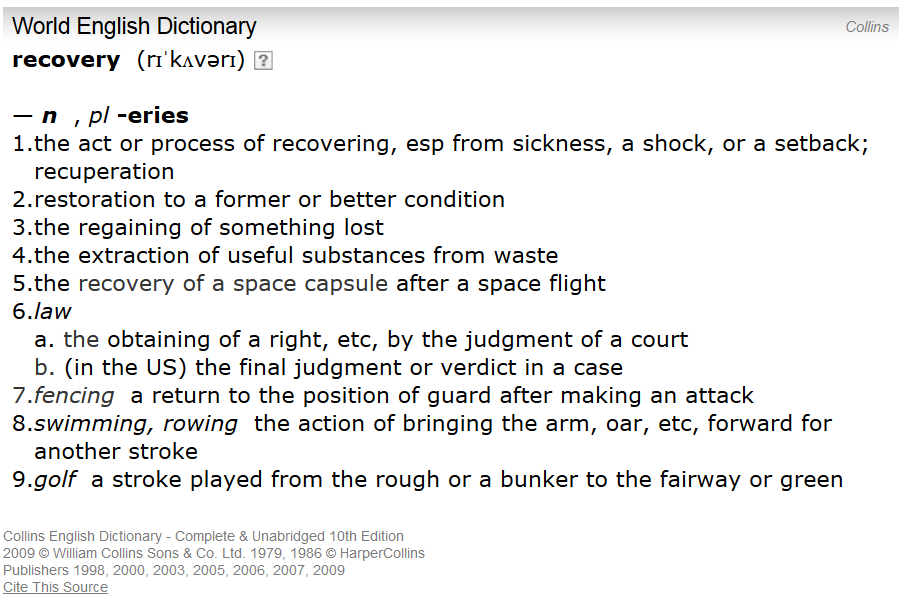In glancing through search terms which people have searched to find my blog, questions about Postpartum OCD are the most common.
The biggest question, and the one I dread the most asks, “Do intrusive thoughts go away?”
My heart breaks when I am asked if the thoughts go away because I know where they are – how they’re feeling. How FRUSTRATING it is to want to be with your child and not have any intrusive thoughts flit through your head as they snuggle close to you and drink in that sweet angelic baby smell in the dusk of the evening.
I know it goes away.
I know it fades.
What stays, and what is difficult for those of us who have OCD to differentiate, are typical parental fears – the nagging fear that something might happen to your child when you’re not watching. THAT stays forever. It’s not intrusive, it’s a normal heightened awareness which comes with parenting. When you have survived OCD, however, it is extremely difficult to keep these normal heightened awareness type thoughts from spiraling into intrusive thoughts. We constantly battle to keep them from growing into giant monsters.
Recovery, at least for me, is not a cut-off date. It’s a constant involvement in awareness of my feelings, reactions, and coping methods in regard to the ever changing world around me. It’s ensuring that in addition to my daily requirements, I’m taking care of myself as well. Recovery is not a discharge notice from a hospital, nor is it the last pill swallowed at the end of a prescription. It’s not the final therapist visit nor is it uttering the words, “I’m okay.”
This is how the dictionary defines recovery:

What is recovery in the living world?
Recovery is life.
It’s living and moving forward with a tenacity learned in the depths of hell, a grip on enjoying all the little things and a determination to not go back. It’s knowing that even if I do go back, I have a road map to lead me back out again.
Recovery is self-care, self-compassion, and self-respect.
It is knowing that it is okay to not be okay sometimes. Recovery is celebrating both the ups and the downs. It’s getting to know yourself SO well that you recognize the difference between yourself and depression/mental illness. Recovery is knowing exactly what to do when the ugly beast stirs to keep it from waking completely. It is about arming yourself with a cadre of weapons guaranteed to slay the succubus.
Recovery is acceptance.
It’s being okay with the tough days and providing a soft place to land when they happen. It’s having a support system in place for the bleak days, one that will also be there for the good days. It’s understanding that sometimes, you’re gonna feel angry about your mental health and that’s okay. It’s learning the range of healthy and unhealthy emotions and knowing when to reach out for help.
Recovery is being imperfectly perfectly you.
According to Alexander Pope, “To err is human.” Perfection is a fallacy (so is control). It is an impossibility we set up in our minds, a standard most of us will not reach. Do the best you can with what you have. There’s a special kind of joy (and peace) to be found when you let go of any expectations you, life, or anyone else may have forced upon you. When you are truly yourself, you shine.
Recovery is personal.
We cannot compare our journey to that of others. There are similarities, sure, but we each carry our own luggage and travel our own road. Our stories are as different as we are from each other. Knowing someone else has traveled a similar road helps. But it is absolutely important to remember that just because someone was at point X by a certain point on their Y timeline does not mean you will also be at point X at the same time. There are SO many variables to every story. It is impossible to compare so stop doing just that.
Recovery is…..
Your turn. What is recovery to you? Share below.



